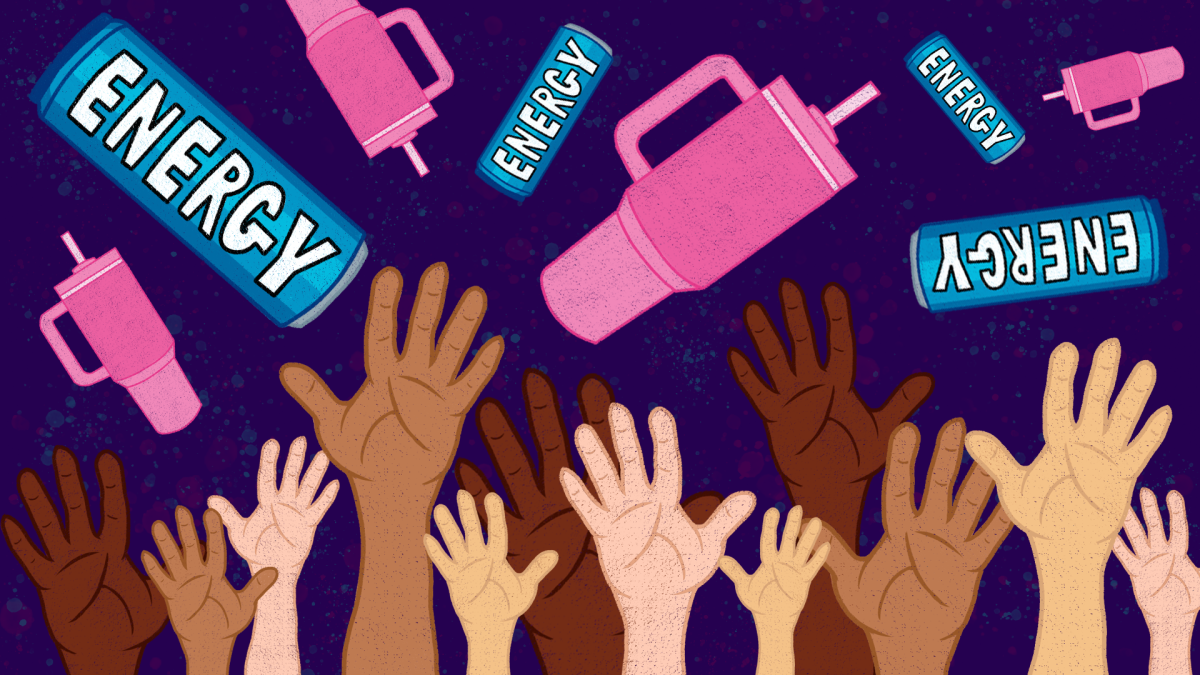In the U.S., branding is a significant part of our economic reality. Companies make products with their calling card, like a unique name or flashy exterior. These help you remember it the next time you’re shopping.
However, there’s a point when branding surpasses its original function, becoming the product people pay for. Not only this but by consuming these products, consumers assume parts of the brand’s identity — “I buy, therefore I am,” as some have said.
Yet, in chasing these identity markers, we ignore the many red flags associated with this consumption and the products these brands sell. Exploitation, environmental degradation and noxious ingredients are the prices we pay when we let ourselves fall for these brands.
Brand worship harms us. A better future is one where quality and consumers come first.
Commodity Fetishism
To the uninitiated, the term “commodity fetishism” may sound strange, but it’s the economic term for what we’ve been discussing thus far. Coined by Karl Marx, it refers to our tendency to perceive purchased items as having some value beyond their instrumental function.
Take diamonds, for example. While they’re not rare or help us do much, we like them and pay a lot for them.
But there’s an underlying issue with this. When most of a product’s value comes after production, the sellers get the payout, not the people who made it. And because many corporations, like Nike, contract manufacturing to countries with abysmal labor laws, they get far more than they put in.
However, one need not look to a South Asian sweatshop to see this in action. It happens everywhere. It’s an inherent function of capitalism.
It’s not enough to shop for products deemed fair-trade. Even in the best conditions, someone’s getting less than they put in and it’s not the capitalist.
Hiding Environmental Harm
It might be said that while the system isn’t great, there are still ways to consume responsibly. This argument is thrown around often in the meat industry. We’re led to believe that grass-fed and pasture-raised cattle are an environmentally conscious alternative to those held in feedlots.
However, like other “green” products, the bar is low. Let’s keep with the meat industry example. While some grass-fed pastures are environmentally superior to some feedlots, there isn’t enough standardization to ensure the benefits outweigh the drawbacks. So, while a farm might keep its soil healthy, it can also have a larger carbon footprint and vice versa.
Under capitalism, the amount the meat industry produces makes it an intrinsically polluting business, and it’s not alone in that. The fashion, tech and automotive industries, to name a few, also contribute to global environmental damage. With the climate situation worsening every day, it’s our responsibility to stand against unnecessary resource mismanagement.
Under capitalism, there is no environmentally sound consumption. We can’t let corporate marketing and brand images make us forget that fact.
Harmful Ingredients and the Most Vulnerable
However, the adverse effects of brand worship are not seen only from the big picture. Consumers’ everyday lives and health are also affected.
We’ve seen plenty of examples of this fact in work. The Sephora kids trend is chief among them. Inspired by influencers on apps like TikTok and Instagram, young girls have begun scouring beauty stores for facial creams and peels. Believing that they need to start preserving their youth far earlier than necessary. They have, according to dermatologists, damaged their skin.
By listening to paid influencers, who sometimes blatantly lie about the products they promote, these kids are roped into commodity fetishism early.
Healthcare professionals have criticized Prime, a sports drink, a status symbol among youths, for including PFAs in its drinks. PFAs, often dubbed “forever chemicals,” have drastic health effects on those exposed to them. They primarily damage the immune system and liver function. While little research is available about the impact of these chemicals, they are also significantly associated with higher mortality rates.
But these are only two examples among many. The food, medicine and toiletries that corporations sell us are made to make a profit, not for our health. As students, we must nourish and care for our bodies to succeed. However, our economic system makes it that much harder. While we have plenty of health standards, they are not enough to stop corporations from tricking us into poisoning ourselves.
As citizens of this country, we need to see ourselves as more than powerless consumers. Corporations are not our rulers. They depend on us for our money and labor. We don’t need to settle for poisonous exploitation and environmental degradation. Working past the one-sided relationship these brands have made with us will take time, but we must do it.




